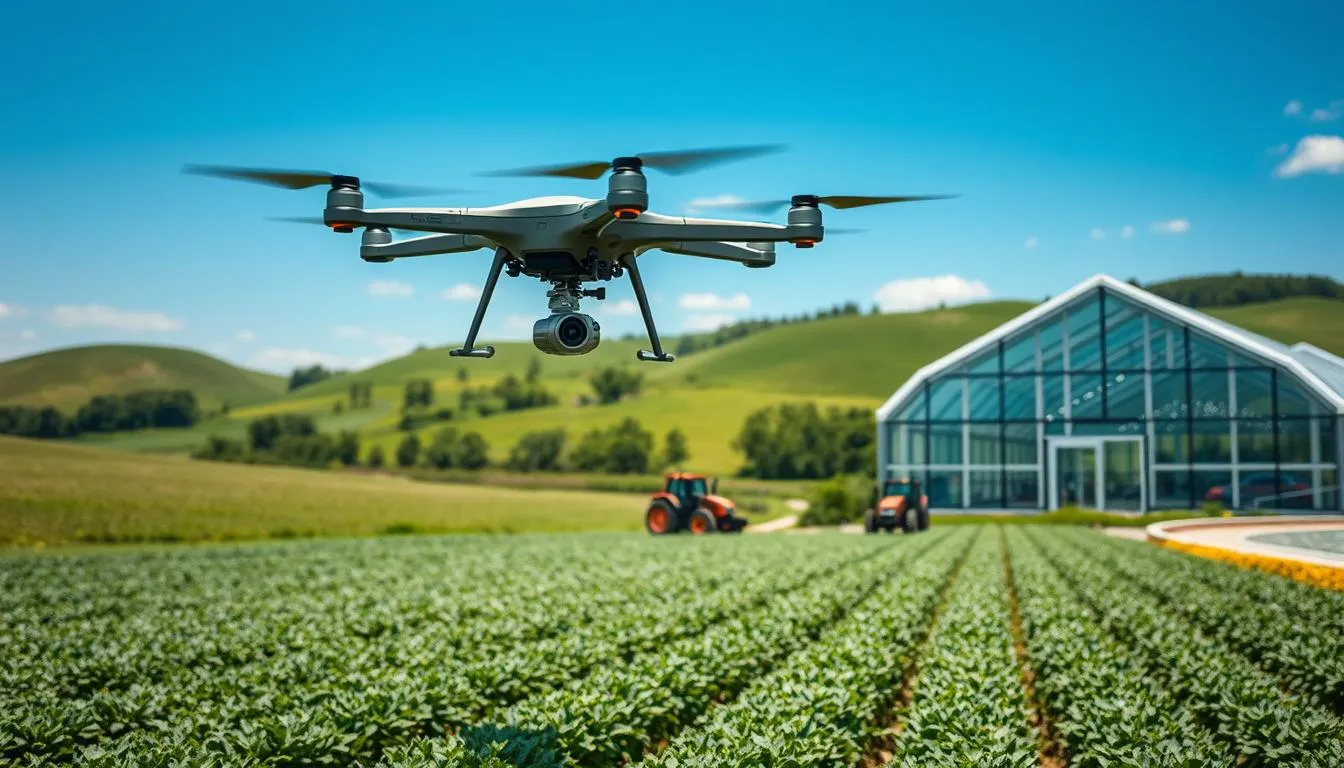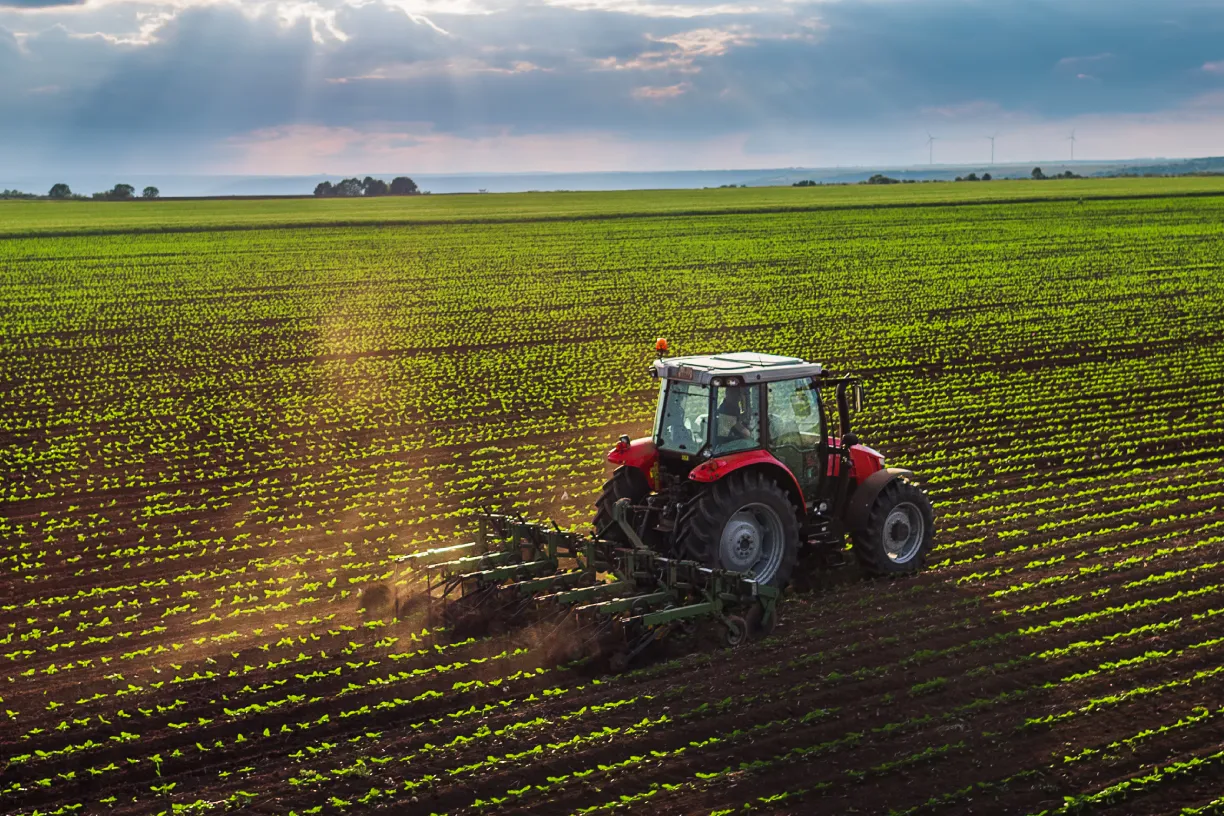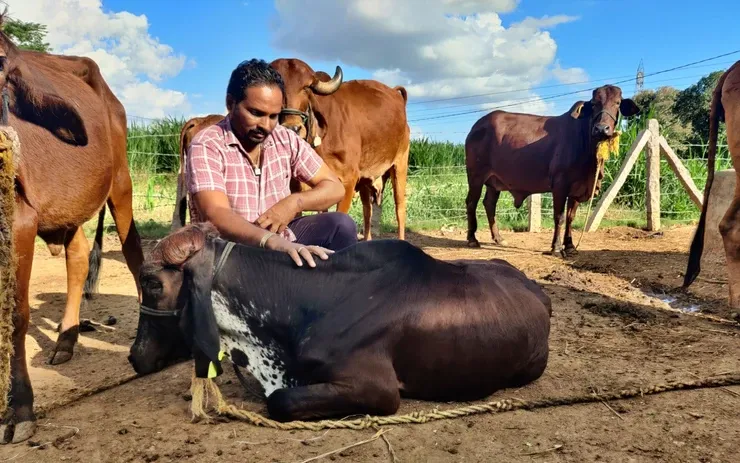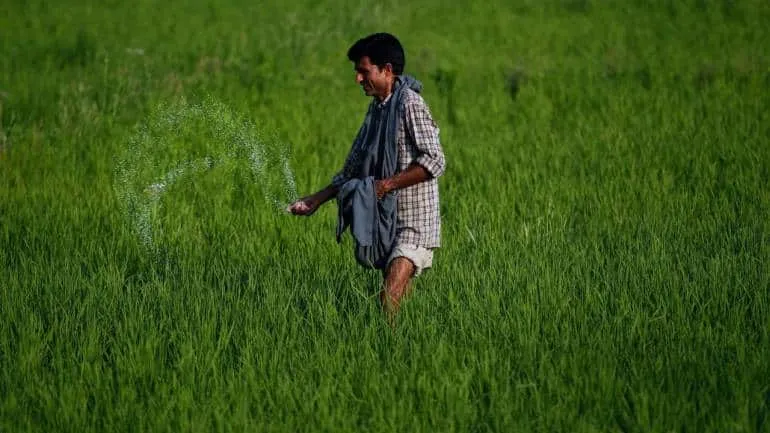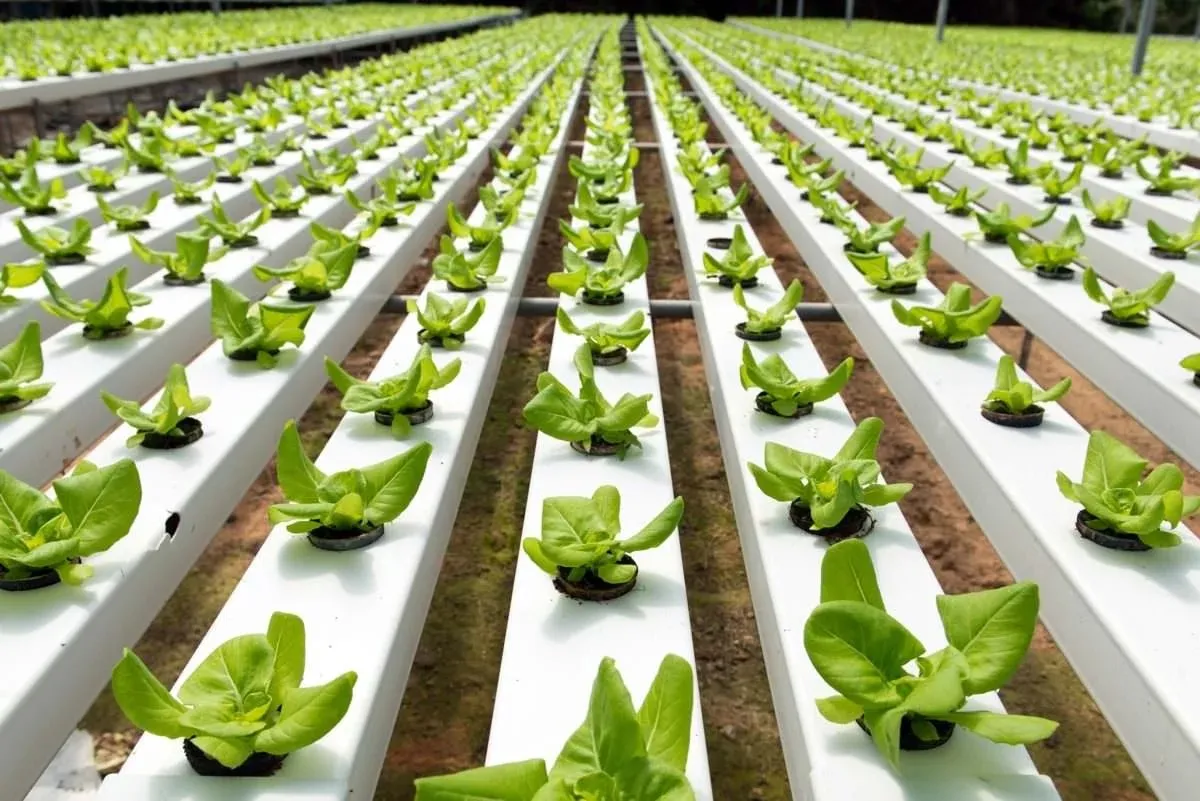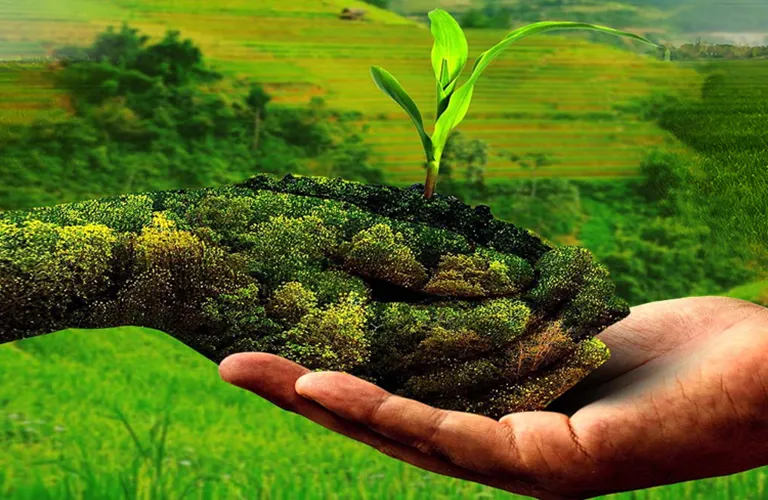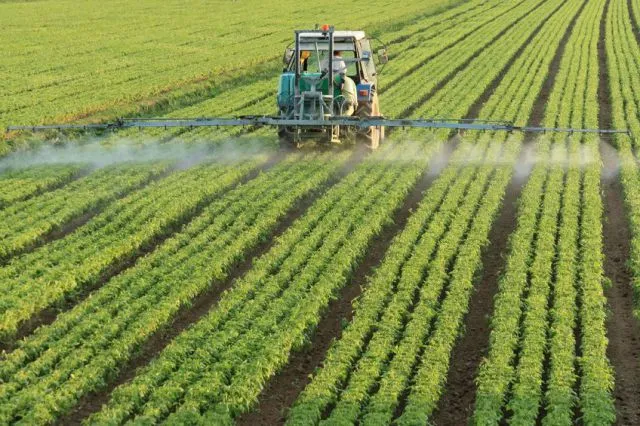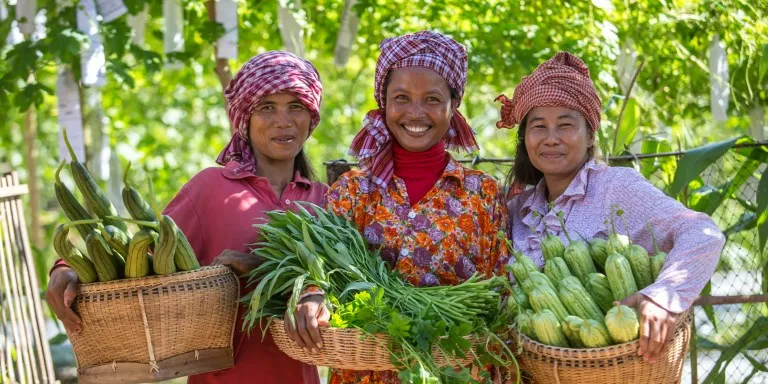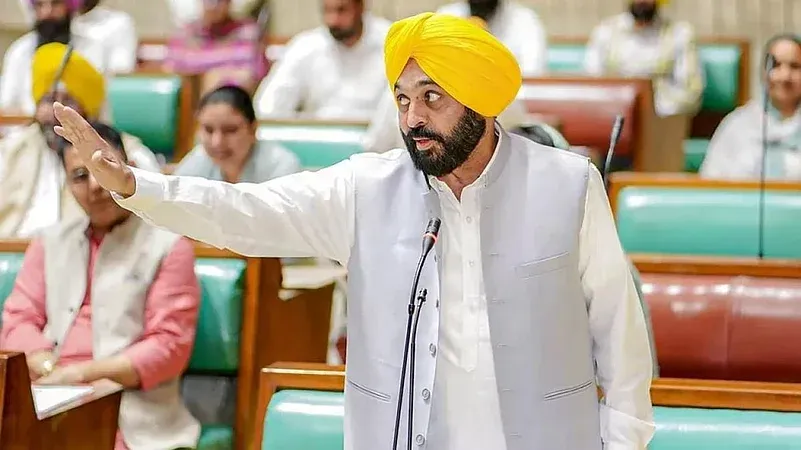For years, farming has been more than a job in Maharashtra. It’s been a way of living. A family tradition. A rhythm passed down from one generation to the next.
In Vidarbha, you’ll find rows of cotton, soft as snow. In the west, tall sugarcane stands proud under the sun. In Nashik, grapes and pomegranates grow like stories on vines.
But in recent times, farming has become harder. The costs have gone up. Seeds, fertilisers, and even basic tools now take a big chunk out of a farmer’s savings. The rains? They no longer follow the calendar. Sometimes they come too late. Other times, not at all.
And when the crops are finally ready, prices in the market drop without warning. A good harvest doesn’t always mean good money. So, many farmers have started asking is farming still worth it?
A New Hope Is Taking Root
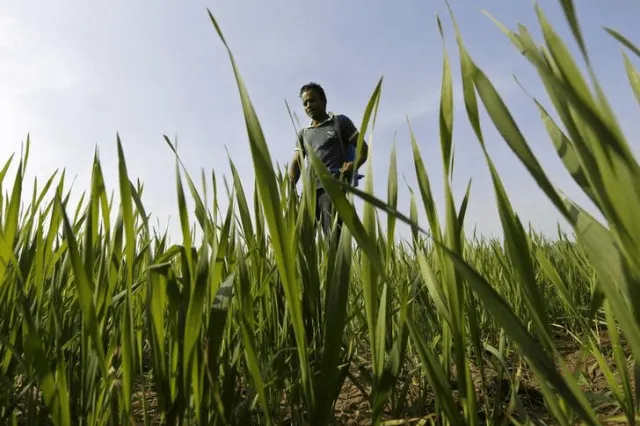
Yet, out of this struggle, something new is quietly growing.
Young people from cities like Pune and Mumbai are stepping forward not with speeches, but with small, smart solutions.
They’re not telling farmers what to do. They’re listening first. Then building tools that solve daily problems. Tools that fit into the way farming is actually done.
Some come with apps. Some come with advice. Some just make the work a little easier. And that makes a big difference.
Why Maharashtra Feels Just Right for AgriTech?
There’s a reason this change is happening here first.Maharashtra has all the right pieces:
- Dry land and irrigated land, perfect for testing what works.
- More and more farmers are now using mobile phones not just to call, but to learn.
- Cities like Pune are full of problem solvers tech minds, investors, and young people who want to do something real.
Put that all together, and you get a quiet revolution. Not loud, not flashy but strong and steady.
These Startups Are Already Making Life Better
AgroStar – Help That Comes Home
Farmers often travel far to buy seeds or sprays. That costs time and money. AgroStar changes that.From a simple app or even a phone call, a farmer can order what they need and it’s delivered to their doorstep.
They also get tips on the weather. Mandi prices. Even advice from experts. In Marathi. On time. Easy to understand.
BharatAgri – Personal Guides for Every Farm
BharatAgri doesn’t give general advice. It gives your advice.
A farmer enters basic details: what they’re growing, where they are, what the soil is like.And the app responds with a custom plan when to water, what to spray, how to handle pests.
Think of it like a farming diary, made just for you. Many farmers use it through the entire season, like a trusted notebook.
Jai Kisan – Loans That Understand Your Life
Bank loans are tough. So much paperwork. So many rules. Jai Kisan makes it simple. It checks your crop cycle, your land records, even your buying habits. And then, it offers loans that match your needs whether it’s for seeds, cattle, or a new water pump.
You pay back after harvest, when you actually have money. No pressure before that.
Fasal – Your Soil Has Something to Say
Fasal uses small sensors to read the land. Temperature. Moisture. Humidity. The sensors talk to an app. The app talks to the farmer. This helps farmers know when to water, and how much.
In Nashik, grape farmers say it’s saving water, saving money, and even improving the fruit.
KrishiHub – Sell Smarter, Earn More
KrishiHub connects farmers directly with buyers—shops, restaurants, and hotels.
No middlemen. Better prices.They also train farmers to clean, pack, and sort the produce. That way, it stays fresh and looks better. Which means it sells better too.
Why It Works So Well?
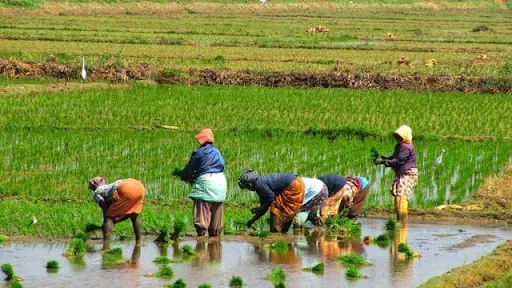
These ideas don’t work because they’re high-tech. They work because they’re farm-friendly.
- The apps are simple and light. They don’t need fancy phones.
- They talk in Marathi and other local languages.
- They give updates based on the farmer’s field, not just general news.
- They offer voice help. You don’t need to read much.
- Most of them even help through a phone call or WhatsApp.
They meet farmers where they are not where the world thinks they should be.
Listen to the Farmers Themselves
Suresh grows grapes near Sangli. A few years ago, he didn’t believe a phone could help on the farm. “But now, I get a message when I need to water or spray,” he says. “No guessing. The crop is better. The work is less tiring.”
In Beed, Rekha tai had pests destroying her soybeans. She clicked a photo using the AgroStar app.“They told me exactly what to use,” she says. “The spray came in two days. My crop was saved.”
These are not big stories. But they’re real. And for farmers, real is what matters most.
Some Still Haven’t Crossed the Bridge
Of course, not everyone has made the jump to tech.
- Many farmers still use basic phones.
- Internet is weak in some areas.
- Some tools don’t work in every dialect.
- Older farmers are careful. They trust people more than machines.
- But startups are learning. They’re hiring local youth to teach others.
- They’re making apps that use less data. They’re creating picture-based guides.
- The idea is not to push. Just to walk along, step by step.
What Can Help This Grow Faster?
If we want this quiet change to spread, a few things can help:
- Colleges and local bodies can run simple tech-training sessions in villages.
- More apps should work offline.
- Demo stalls at weekly markets can let farmers test before trusting.
- First-time offers or discounts can encourage farmers to try without fear.
- Because the goal isn’t to change farmers. It’s to support them in changing times.
- A New Kind of Farming Is Here
AgriTech won’t solve every problem overnight. It won’t bring perfect rain or fix all prices. But it’s giving farmers tools to stand stronger. In a state like Maharashtra, where farming is tied to identity, these tools don’t erase tradition. They respect it. They build on it. And slowly, field by field, they’re bringing in a new kind of strength.
One that’s rooted in the soil. And reaching for the sky


